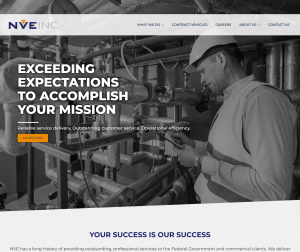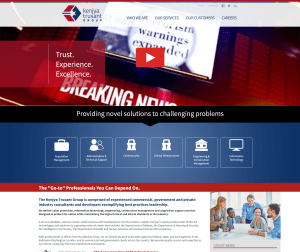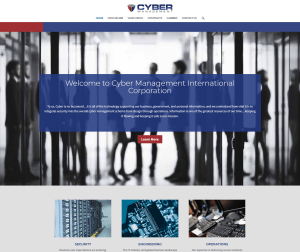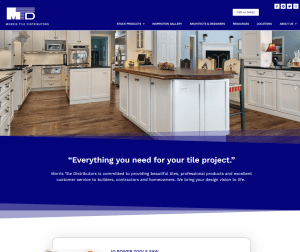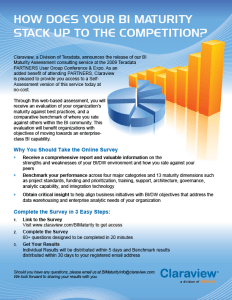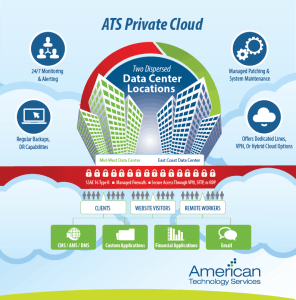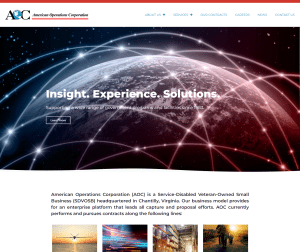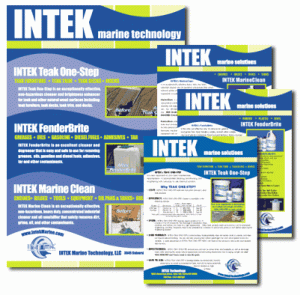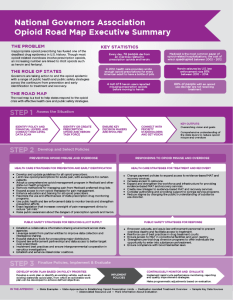Single page, scrolling websites are popping up everywhere. You’ve probably seen a few too … they are basically websites where all of the content is included in the code of a single web page and as you navigate, you simply move the page up and down and left and right. Many single page websites are visually very interesting and often contain full screen video backgrounds and fluid transitions between screens. They have been a trend throughout 2014 and one we’ll probably see more of in 2015 and perhaps beyond.
I’ll start off saying that I’m not a big fan of single page websites. While I do find them visually interesting and, as a designer, I immensely enjoy new and innovating design trends, I think that single page websites take too much of the control away from the end user and simply do not have enough content to fully engage me. The lack of real content on most single page websites makes them little more than advertisements in my view … when I’m online, I’m looking for information and single page websites are just too lacking in that department.
Now, that doesn’t mean I don’t think there is ever a reason for building single page websites … there most certainly are situations where single page websites can work… and probably work well.
Why Build a Single Page Website?
There are some benefits to page-less websites, other than just the ‘wow’ factor of implementing new trend which, in and of itself should not be completely dismissed! Page-less design tends to grab the attention of users, and, in a digital world crammed full of competition, that’s a very good thing. While the design of page-less websites is often overly simple, it’s also often much more modern and captivating in that it often fills the screen, includes video and/or animated transitions, and engages with the end user through navigation and fluid movements.
Single page web design also offers a more uniform design throughout the site (or should I say, throughout the page). Some proponents also argue that users stay engaged longer on a single page website and that bounce rates are lower and conversions are higher. They are also easier to maintain (they’re much smaller, after all!), and, depending on the level of the content and “story” development needed, are usually easier to build. Overall, single page web designs seem to work well for story telling, branding, landing pages, or for companies with a single product or service to sell.
The Downsides to Single Page Websites
While page-less websites may have traditional websites beat in visual design and with the “wow” factor, they are often sorely lacking in content and real substance. Yes, single page websites can tell a short story and set a mood, but it’s difficult to incorporate much of any detail into single page sites. It also seems likely that single page websites will be difficult to obtain high search engine rankings. After all, search engines determine what a website is about based on the content on the site — without much content, it seems likely that a single page website will be very difficult to obtain high rankings in search engines.
So, Are Single Page Websites a Bad Idea for Business Websites?
Well, that depends. If a website needs to tell a simple story or to set a mood visually, a single page website might work for you. Also, if a website would benefit from a modern “landing page” type approach, or if it needs to convey a high tech, edgy image and does not need to be heavy on content, then a single page website could certainly enhance your company and your brand. Finally, if you don’t need for your website to rank well in search engines (after all, some companies operate on a “referral” basis and do not necessarily have a goal to “be found” on search engines), then a single page website may be exactly what you need.
On the other hand, if you have a lot of valuable content that you would like to make available to your customers in order to promote your company, your services, and your products and if you want and need to be found in search engines, you’ll more than likely need something more substantial than a single page website!

